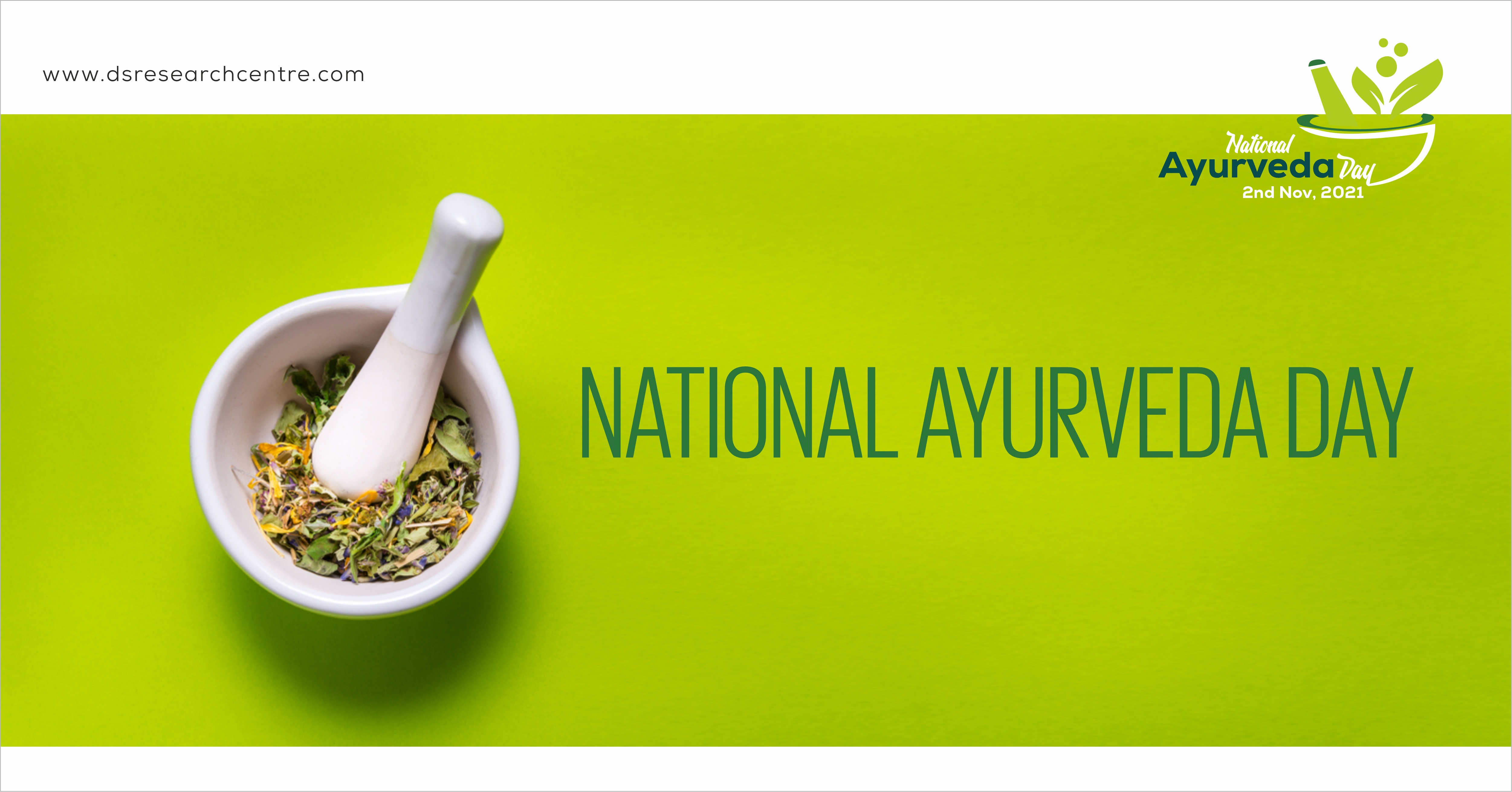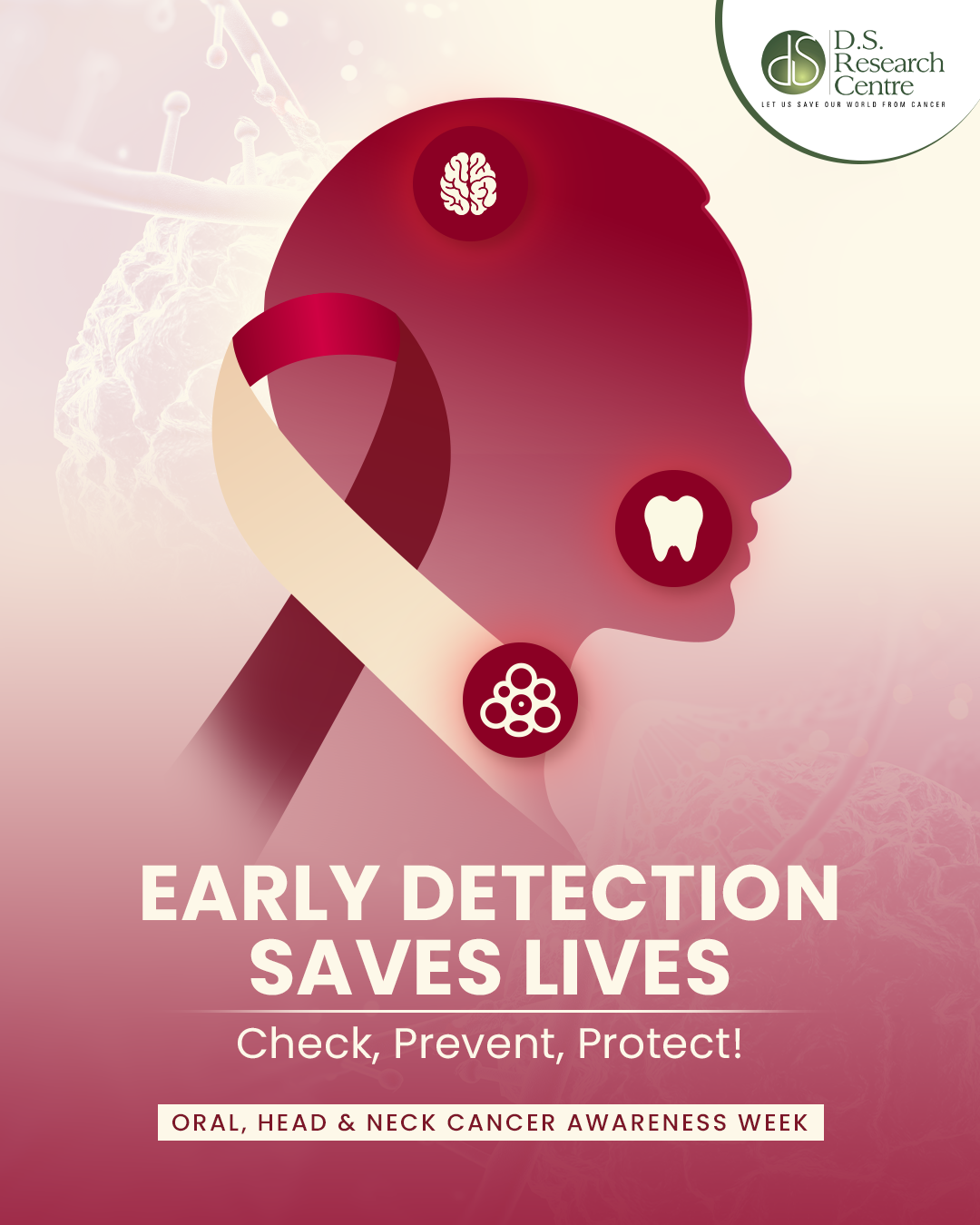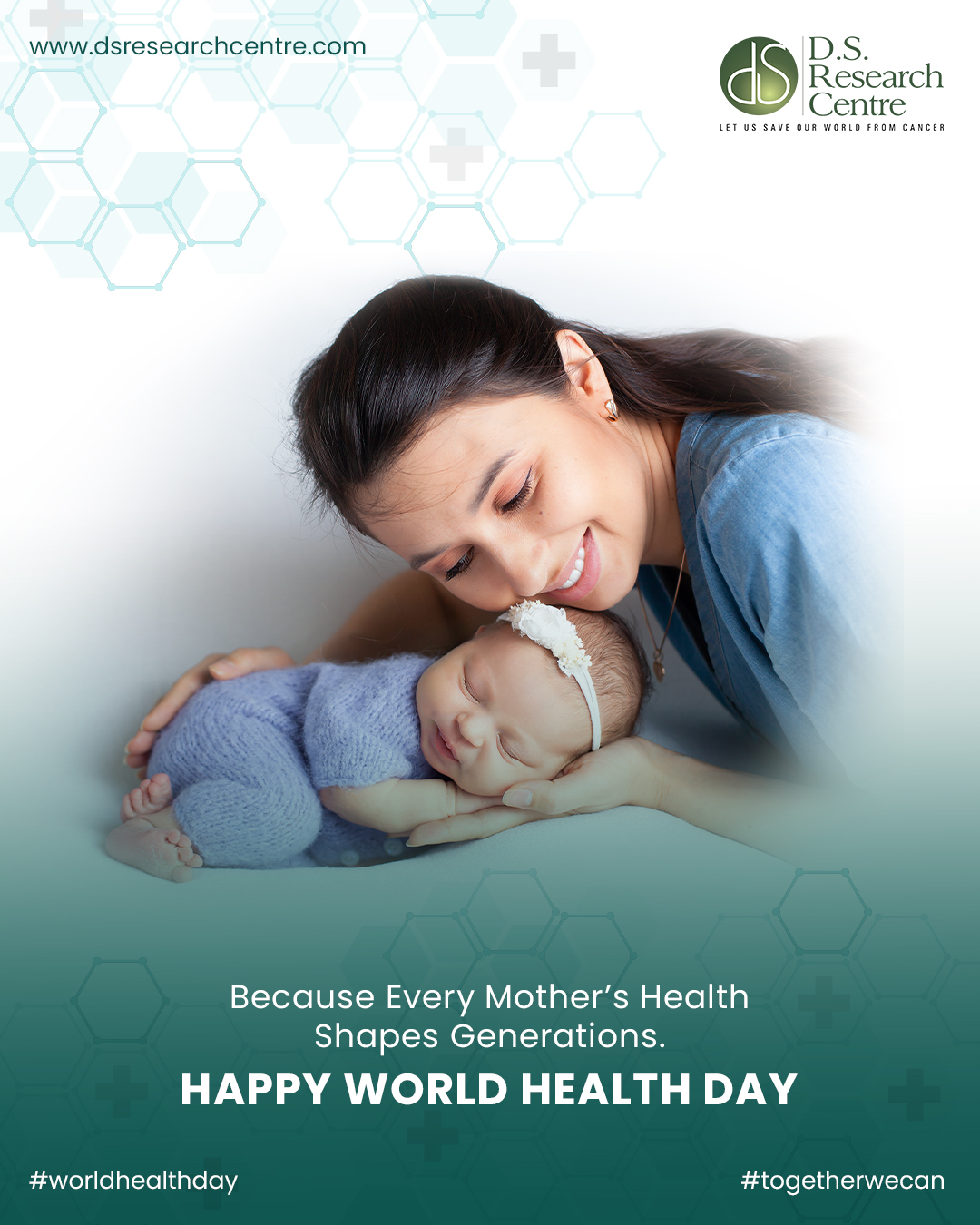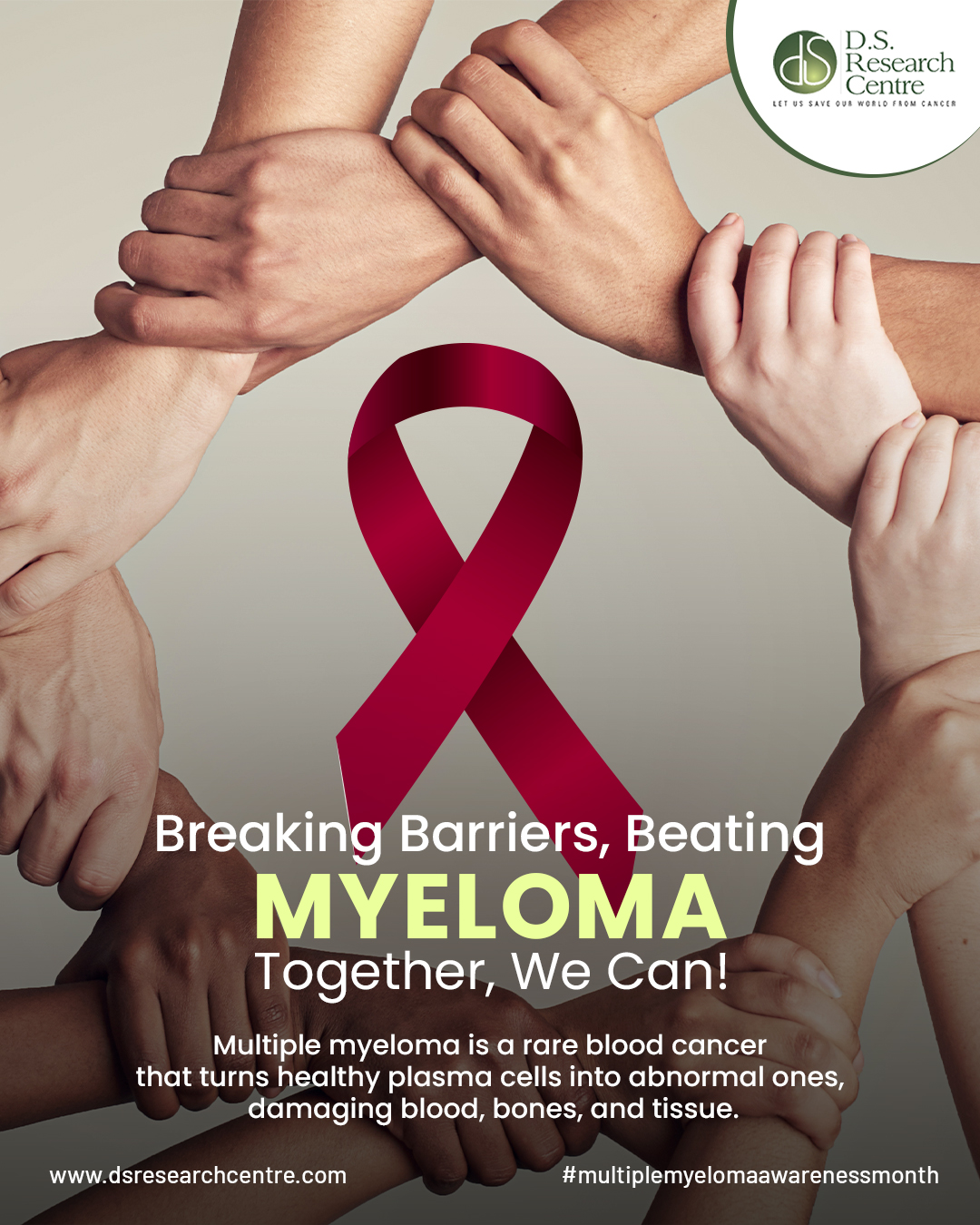नाऽहं कामये राज्यं, न सुखं न धनानि च ।
कामये दुःखतप्तानां, प्राणिनामार्त्तनाशनम् ।।
Dhanwantary Jayanti is marked as NATIONAL AYURVEDA DAY every year, i.e. on Ashwin Krishna Paksha Trayodashi, this year it falls on 2nd November. The 1st National Ayurveda Day was celebrated on 28th October 2016.
Mentioned in Vishnu Purana, Lord Dhanwantary emerged with Amrita Kalash from Ocean of Milk, during Sammudra Manthan. Lord Dhanwantary is God of Medicine, who is believed to propagate the importance of Good Health.
Ayurveda has originated from Atharva Ved and is a well-documented ancient method of Life Science. Apart from providing various therapeutic measures for diseases, Ayurveda also emphases on maintenance, promotion of health and prevention of diseases through diet and lifestyle regimens. The three original Ayurveda texts, respectfully called Brihat Trayees are the most highly respected books Sushruta Samhita, Charaka Samhita, and Vagbhata Samhita. Madhavanidana, Sarngadhara Samhita, and Bhavaprakasa are the popular Laghu Trayees. These books are also still in use by modern Ayurveda physicians.
The principles of Ayurveda are based on nature’s five elements and three life-energies. The human body is derived from the specific combinations of five fundamental entities nature; Akaash, Vaayu, Teja, Jala and Prithvi, collectively known as Panchamahabhutas and sixth element Atma. The Panchamahabhutas form the Tridosha; Vata, Pitta and Kapha Dosha, Dhatus (tissues) and Malas (excretory products). Tridosha carry out the physiological activities and are responsible for the integrity of the human body. The term dosha describes the three principles that govern the psychophysiological response and pathological changes in the body.
सम दोष समाग्निश्च सम धातु मल क्रियाः |
प्रसन्न आत्मेन्द्रिय मन स्वस्थ इत्यभिधीयते || (Sushruta)
Ayurveda described health as the balanced coordination of the three systems in body, mind and consciousness. The fundamental theory of Ayurvedic treatment is based on restoration of the balance between these three major bodily systems. Balance between these factors, maintains the Harmony in body, thus preventing disease formation. Ayurveda directs the Lifestyle we should follow to stay healthy by maintenance of the Harmony and also treating a disease based on the same principle. As per Ayurveda, life is sustained by the Sharir through balanced Dosha, Dhatu & Mal; Atma, Indriya & Mann. So, Health is a state of complete physical, mental and social well-being and not merely the absence of disease or infirmity."
An optimal state of Health or 'Swastha', according to Ayurveda, can only be achieved when there is a proper balance of the “Three Pillars of Life or Trayopsthambha which is DIET, SLEEP & BRAMHACHARYA. The classical texts of Ayurveda share Dincharya i.e. daily routine or the regimen to be followed every day and Ritucharya, regimen to be followed based on Seasonal variations. The most renowned of all classical Ayurvedic texts, states that; “the one who manages these Trayopasthambh properly have full life span that will not be cut short by any disease.”
Ayurveda has always mentioned that development of any disease in Human Body occurs only after the Harmony between the physical elements is disrupted. In, 2020 the pandemic of COVID 19, lead to visibility of newer dimensions of disease treatment through Ayurveda, along with immunomodulation, rectification of metabolic disorders etc.
Charaka and Sushruta Samhita (700 BC) both described the equivalent of cancer as granthi (benign or minor neoplasm) and arbuda (malignant or major neoplasm). Both can be inflammatory or non-inflammatory, based on the doshas (Vata, Pitta and Kapha) involved. Tridoshic tumors are usually malignant because all three major body humors lose mutual coordination, resulting in a morbid condition. For more than 5 decades D.S. RESEARCH CENTRE, has contributed in developing method of treatment for numerous Cancer patients, through Ayurveda. How Ayurveda helps in the same: - Symptom management as per need.
- Adverse effect management of Chemotherapy or Radio Therapy.
- Improvement in Quality of Life.
-
Palliative treatment as an add-on therapy to relieve from side effects like reduced resistance to infection, loss of appetite, nausea, vomiting, and lack of energy in patients undergoing different therapies.
- Rasayana (Rejuvenation) therapy proves beneficial, as it enhances general well-being and can act as immunity boosters to promote Health & Wellness. Herbs such as Ashwagandha, Guduchi, Amlaki, Shatavari, Bala etc. are few of the lot. Single drugs: Guduchi, Haridra, Lasuna, Shigru, Ardraka, Talisapatra, Ashwagandha, Krishna jeeraka, Kanchanara, Bhallatak, Haritaki, Devadaru, Manjishta, etc. are among the various plants having scientific evidence of anticancer property.
Symptom targeted treatment will not yield fruitful or permanent result of treatment in this disease; so research in Ayurveda with development of Hypothesis applicable to modern world needs to be promoted. Ayurvedic drugs/modes of treatment attempt to correct metabolic defects and restore normal tissue functions
(“Sama Dhatu Parampara”). Ayurvedic medicine is holistic, for rejuvenating the body’s support systems, forms a significant component of Cancer Therapy.
A collaborative effort from practitioners & researchers will lead to development of complete treatment method against this dreadful disease.
Let’s work together to Deepen our roots of Knowledge mentioned in our Classical Text and Spread our branches of Research further to help our society.












Posted on April 15, 2016
Posted on April 15, 2016